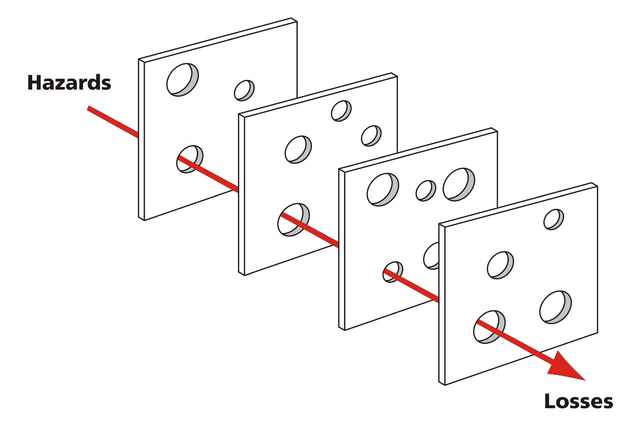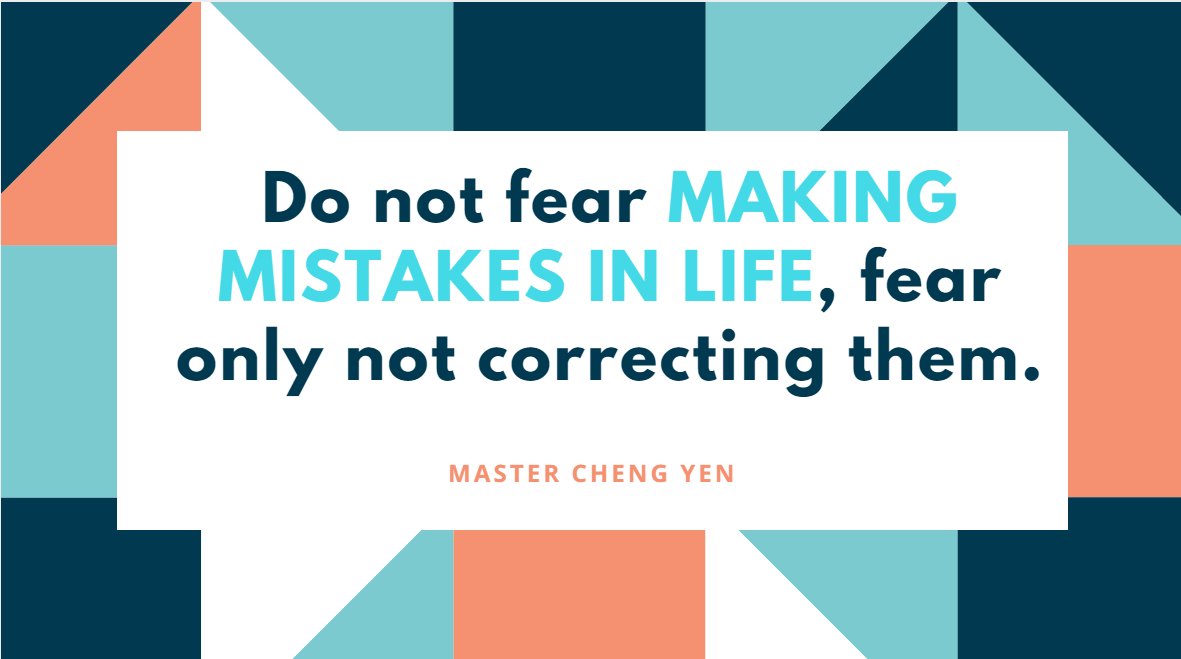A few times a week, I spend about an hour happy stamping. I use that term because "stair stepper” sounds boring. Target heart rate gets established and the glistening starts. My earbuds were in, and dialed to the fitness center TV. A news show was talking about the FBI, and a panel was discussing some controversy. That wasn’t unusual, everything seems ‘controversial’ these days. But one thing stuck out. No matter whose “side” anyone was on, everyone on the panel, and FBI agents on video, all agreed on one thing: FBI agents must not lie.
My mind immediately thought: That’s lightweight, compared to nursing.
Like the agent, nurses must not lie. (If you are also thinking of poor Harry Potter, here, you are not alone; however, Prof. Umbridge had a point, generally speaking!)
- Not only not lie, but nurses tell the truth, and tell it all day.
- You must tell it to your patients.
- You must write it every time you make a nursing note (and you will write so very many of them).
- You must tell the truth instinctively, summarized, and quickly, especially to the MD’s you’ll be calling frequently.
- You must tell all the truth, especially if you’ve made an error! And- that day, unfortunately, will come.
In the handover...
I remember taking over a patient from a nurse who had started a heparin drip for a patient late in her shift. In the handover, the information wasn’t quite complete, and we didn’t have the protocol sheet on hand. A glitch at set-up had the start too high, and my follow-up was flawed. Four hours before the end of my shift- I caught the errors. My patient, my responsibility, had gotten too much anti-coagulant! I’m glad no one took my picture at that moment, but if they did, I’d know what I looked like when horrified- and scared.
Incorrect handoff report from offgoing nurse
No protocol sheet for both nurses to look at together
Inadequate follow-up by accepting nurse

I sprinted to the patient’s room. Relief wave he was ‘doing fine’. Still, he was at risk for bleeding, externally or internally. Not knowing the extent of the ‘overdose’, I immediately stopped the heparin drip, and advised the patient not to move around much so he wouldn’t ‘bruise’, and that it was important until I knew more. Back to my desk, I thought about what I had to do. At this juncture, no one knows about this but me, and there’s four hours left- and a knowledgeable nurse knows what it would take to get ‘creative’ and cover their posterior, or minimize the ‘blow’...
but- nurses must not lie, AND tell the whole truth as soon as they know it, no matter the personal consequences.
Turning a wrong into a right
So, my first call was to the lab, to get a clotting time documented. The next call was to the night nursing supervisor, to advise her of my error. I immediately shared the situation with nurses and aides on my unit to protect the patient from bleeding. As the supervisor was on the way, I documented my concerns, and that I stopped the drip. I had no idea what the ‘fallout’ would be, but it didn’t matter.

As it turns out, the patient’s values were not critical and he recovered quickly.
I got to attend some uncomfortable personal conference meetings with folks up the ladder that wanted every detail. I received some ‘counselling’, just as uncomfortable. After all the ‘bosses’ reviewed things, the education department ended up clarifying heparin policy, setting up resources, and released a mandatory on-line class on the matter for the entire nursing staff.
“Mama told me there’d be days like this…”
It was… messy, for sure. I didn’t look like a golden boy, and my fellow nurses complained about the new heparin mandatory education module, adding sidelong glances to me while they did.
Make an error in your nursing? Over time, it can, and likely will, happen.
An unclear handoff, changing floors in the middle of a shift, being overextended, overworked, or under-prepared. There are days you might be distracted by personal crises, patient crises, or the unexpected.
A student or a new nurse should know, however, that he or she, and their patient, can survive through an error, and even become a better nurse. It’s not easy- fearlessness and willingness to always put the truth and the patient first may put you through some uncomfortable times.
The rewards of truth and candor? Your fellows and your supervisors will trust what you say, and respect your unfiltered honesty, even if they all have to bear the lessons learned. You’ll stay sharper, knowing that you’re always accountable, so the patients will benefit too. If you see errors that aren’t yours, you won’t hesitate to help, or correct, another nurse- and everyone benefits.
That’s when you’ll know you’ve earned a sound night’s sleep and a clear nursing conscience.
My history is a bit unusual, but it provided a broad life experience (shorthand for “OMG how did I make it through all that?”) Teen summers walking behind a garbage truck; worked forging aluminum and titanium in to things from small widgets to Boeing 727 wings; Completed B.A., then went to M.Div. school, ordained an Orthodox priest. Pastored parishes; went on to work for EDS, and GM recruited me out of there; managed district dealers as their “factory contact” for Cadillac Motor Division; started a Computer/web service for dealers. Personal tragedies struck. A decision to pursue Nursing and passing my NCLEX (R.N.) opened up the doors in a career that I didn’t know I was looking for. All the experience a person brings with them is unique, and ALL of it can (and will be) put to use in the course of your patient care. Every good thing you go through, every difficulty you bear, knowledge from any field you’ve studied, any hobbies, talents, quirks, whatever makes one unique- will supplement and support the mind of a nurse, and the heart of your practice.
Images:




